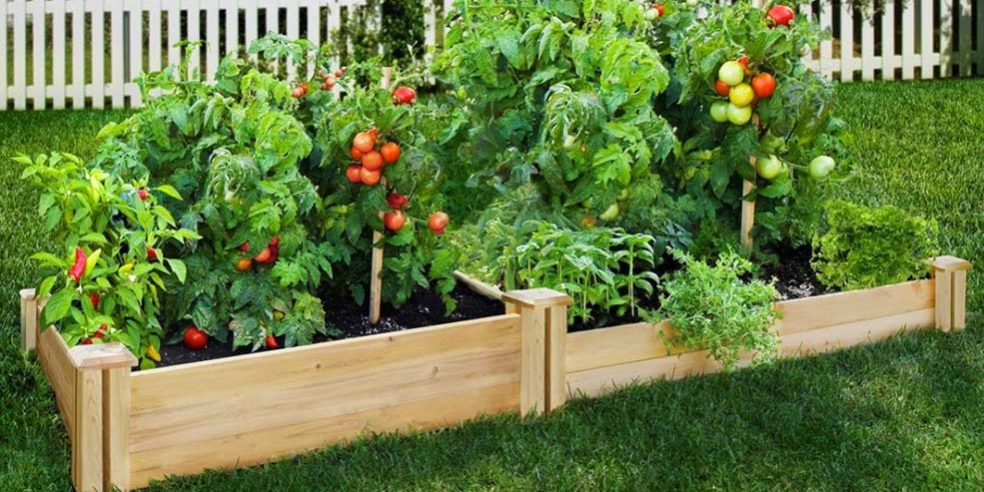June is probably the most difficult period for many plants because of the long days, high temperatures, and low humidity. Ineffective water management is the number one cause of death of landscape plants in the Valley, and, believe it or not, it is more frequently from over watering than under watering. You can reduce your water bill and take better care of your plants it you water slowly (prevents run off), deeply (use a soil probe or a long handled screwdriver to check that the water is penetrating 2-3 ft. deep for trees and shrubs, and 1- 1 1/2 ft. deep for turf & flowers), and infrequently (Let the soil dry between watering)
Gardening in Arizona during June presents unique challenges due to the extreme heat, but with proper care and practices, you can maintain a thriving garden. Here are some key tips to consider:
Watering
- Deep Watering: Water deeply and infrequently to promote deep root growth. For trees and shrubs, water deeply once a week; flower beds and vegetables every 3-4 days; and cacti and succulents once every 2-3 weeks.
- Early Morning Watering: Water your plants early in the morning to reduce evaporation and the risk of fungal diseases.
- Irrigation Checks: Regularly check and maintain your irrigation systems to ensure they are working efficiently (ArborCare) (SummerWinds Nursery).
Mulching
- Apply Mulch: A 2-3 inch layer of organic mulch helps retain soil moisture, regulate soil temperature, and suppress weeds (ArborCare) (SummerWinds Nursery).
Soil Care
- Soil Amendment: Improve soil structure and fertility by adding compost or well-rotted manure to garden beds.
- Weeding: Regularly remove weeds to minimize competition for water and nutrients (ArborCare).
Planting
- Heat-Tolerant Plants: Plant heat-tolerant vegetables like okra, melons, and eggplants, and drought-tolerant flowers such as marigolds, zinnias, and vinca.
- Provide Shade: Use shade cloths or taller plants to provide shade for sensitive plants (ArborCare) (Arizona Foothills Magazine).
Maintenance
- Pest Control: Watch for pests such as aphids, spider mites, and whiteflies. Use insecticidal soap or neem oil as needed.
- Deadheading and Pruning: Remove spent flowers and lightly prune shrubs and trees to encourage new growth and reduce plant stress (ArborCare) (Growing In The Garden).
Specific Plant Care
- Vegetables: For tomatoes, provide extra shade and consistent watering to prevent blossom end rot. Peppers also benefit from mulching and regular watering.
- Herbs and Fruit Trees: Regularly harvest herbs to promote new growth. Deeply water and fertilize citrus trees; harvest stone fruits as they ripen (ArborCare) (SummerWinds Nursery).
Lawn Care
- Mowing and Watering: Keep your lawn mowed to about 3 inches and water early in the morning, 2-3 times a week depending on rainfall and temperature (ArborCare).
Safety Tips
- Sun Protection and Hydration: Always wear sunscreen, a hat, and protective clothing when gardening. Stay hydrated by drinking plenty of water (ArborCare) (Arizona Foothills Magazine).
By following these tips, you can help your garden survive and even thrive during the hot Arizona summer. For additional detailed guidance, consider consulting local nurseries or gardening experts.
To Do List
- Plant Bermuda lawns during the active growing season, May through August
- Fertilize Bermuda grass lawns with Nitrogen each month beginning late April or early May according to the directions on the fertilizer package.
- Apply Iron one a month according to the directions on the fertilizer package.
- Apply one inch of water per week to Bermuda lawns. Once every two or three years dethatch Bermuda lawns if necessary. Only dethatch during the active growing season, May through August. This enables the turf to quickly recover.
Vegetables
- Armenian Cucumbers, Melons (Cantaloupe, Muskmelon), Sunflowers
- Plant Seeds
- Plant Transplants
- Sweet Potatoes
Roses
- Cut back on fertilizing established roses to encourage plants to slow down for the hot summer
- Water deeply as temperatures climb
- Hose off plants in the early morning to increase humidity and control spider mites
Nut And Fruit Trees
- Pick early-maturing deciduous fruit varieties, which are particularly prone to bird damage, before full maturity. Ripened at room temperature to lessen the bird peck loss.
- Cover fruit trees with netting to protect from birds
- Apply nitrogen and zinc to pecan trees to produce normal size leaf growth and to enhance kernel development. Pecans also need more water than most other shade trees.
Landscape Plants
- Increase water application as the weather warms. June is the driest month. Pay attention to irrigation needs of plants.
- Apply mulch to the ground around heat sensitive plants keep the roots cooler and prevent evaporation.
- Apply chelated iron to bottle brush, pyracantha, silk oak, and other plants with iron deficiency symptoms.
- Prune palms when flower spathes show or delay pruning until after the palm has finished flowering to prevent infestation of Palm Flower caterpillars. If palms are pruned in the spring, leave the top five rows of peels so the caterpillars have a place to hide.
- Cut off spent blooms to stimulate rebloom
- Native and imported heat tolerant plants can be planted right through the summer months. They will need to be watered on a regular basis until fall.
- Transplant palms in the heat of the summer for best results.
- If you have previously had a problem, apply around the base of Agaves a pesticide labeled for use on grubs in order to kill the grubs of the Agave Weevil.
A&P Nursery For All Your Gardening Needs
With 4 east valley locations our team can help you find the perfect trees and plants to take your landscape from ordinary to extraordinary. In addition to selling trees and plants we partner with companies that will plant your trees or plants and care for them as long as you wish. That means all you need to do to get your landscape looking it’s best is stop by and browse our trees, choose your favorite, and leave the rest of the work to the pros.
Call or stop by one of our 4 locations today!




